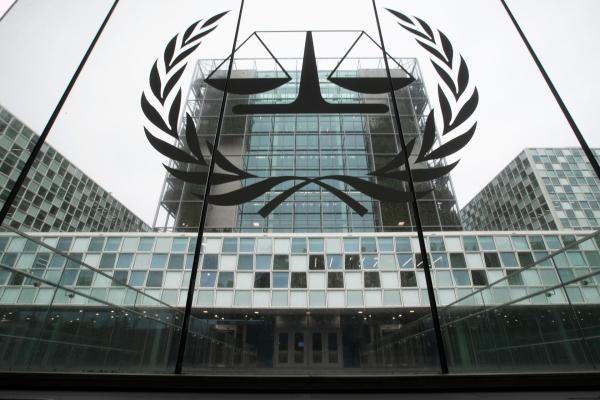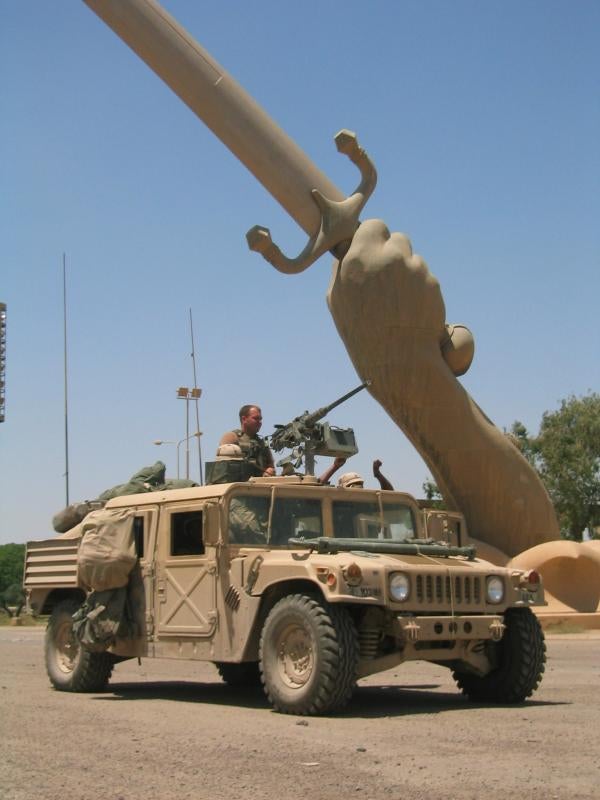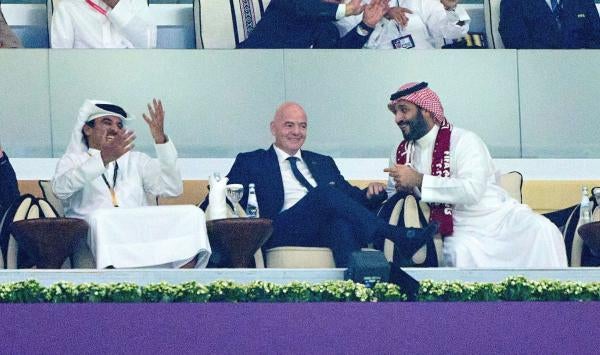Friday saw what was arguably the biggest news in international justice in many years: the International Criminal Court (ICC) issued arrest warrants for Russian President Vladimir Putin and Russia’s children’s rights commissioner, Maria Lvova-Belova.
These were the first arrest warrants in relation to the ICC’s ongoing Ukraine investigation and concerned the abduction of children from Russian-occupied parts of Ukraine. As we’ve pointed out in this newsletter when addressing this issue several times before, the forced transfer of populations from occupied territory is a war crime.
The question now is: what next?
Well, first of all, don’t expect Putin to be in The Hague next week. Russia is not a member of the ICC, and they’re not going to just hand him over, obviously.
And his trial will not begin without him. The ICC doesn’t try people in absentia – the defendant must be present.
So what happens now is a waiting game.
There are two precedents for the ICC handing down arrest warrants for sitting heads of state. The first was Libyan leader Muammar Gaddafi, but perhaps that example doesn’t tell us much, since he was soon killed in the chaos that engulfed his country.
The second is Sudanese president Omar al-Bashir – now, former president – sought by the ICC on charges of genocide, war crimes, and crimes against humanity committed in Darfur. The ICC issued an arrest warrant for him in 2009, and he’s not in The Hague yet, although his fall from power in 2020 has sparked greater hope.
What al-Bashir has faced over the years, even when he was in power, is restrictions on his travel. The 123 countries who are members the ICC have a legal obligation to arrest those with ICC warrants against them.
Al-Bashir did manage to visit ICC members Nigeria in 2013 and South Africa in 2015, but even then, there was huge pressure for his arrest.
This is likely what Putin, also now an ICC fugitive, will face for the time being: he’s not going to be able to travel like he did before. Until or unless there’s some kind of change of power in Russia, this might be the most we can expect.
Still, the impact of the arrest warrants is significant. It sends two signals. The first is to the victims of crimes committed by Russian forces since 2014, saying the wheels of justice are turning.
The second is to potential perpetrators – many of whom will not enjoy the same feeling of protection as a president – that giving orders to commit or tolerating serious crimes may lead to a prison cell in The Hague.
And the ICC’s investigation will continue, and more arrest warrants on more charges are to be expected…







